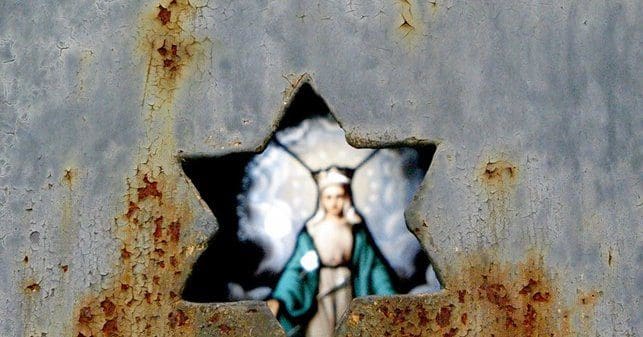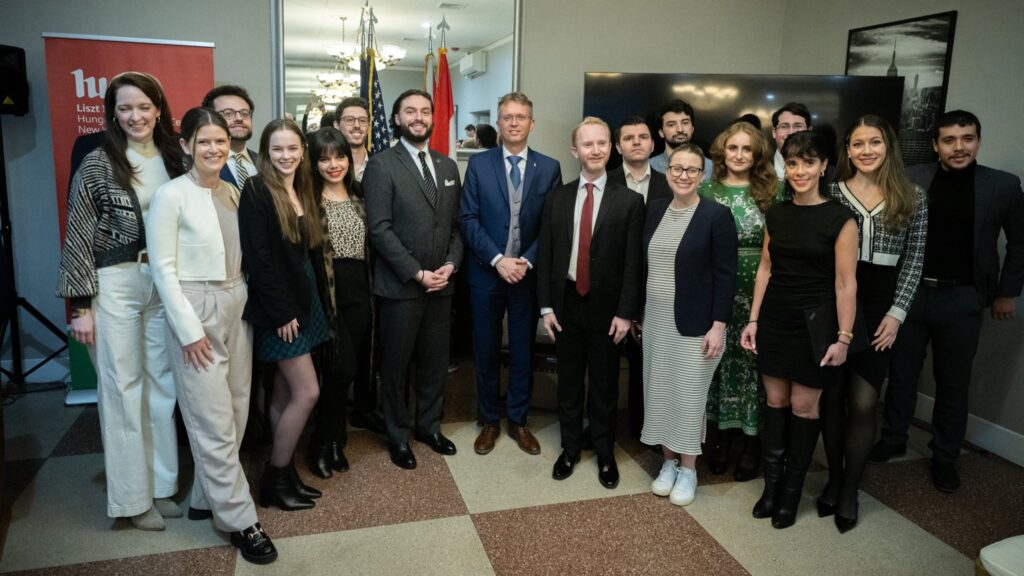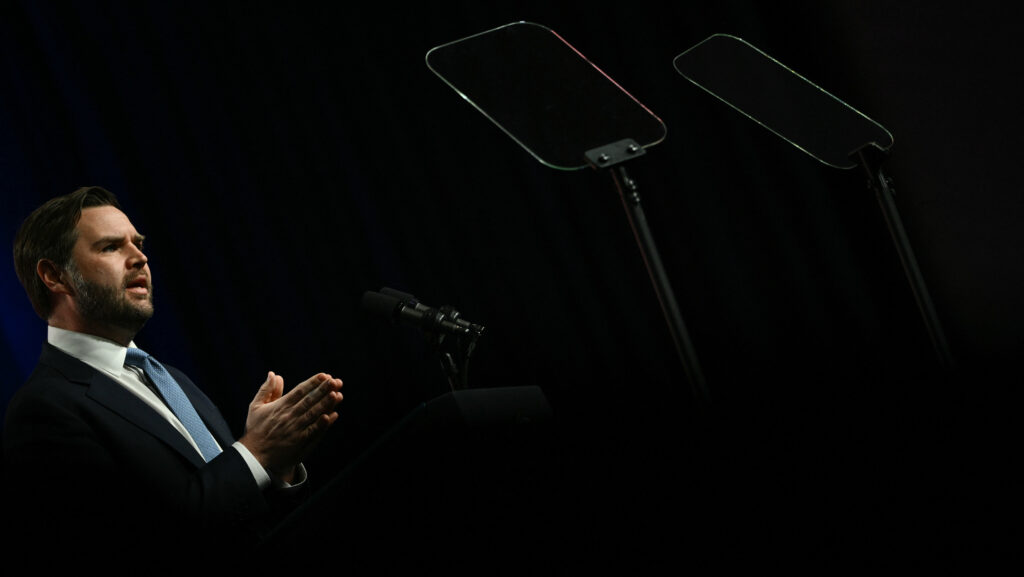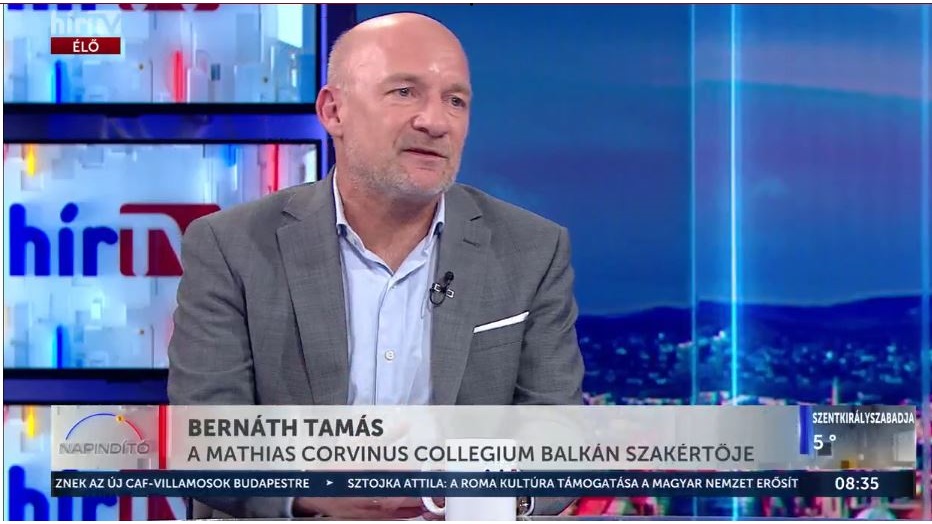In recent years “Judeo-Christian” heritage came to the forefront of the discourse in Europe along with the identity and future of the continent. Conservative politicians, decision makers, religious leaders, thinkers in Hungary more often referred to Europe’s Judeo-Christian roots—and the culture and value system derived from it—as the original identity of the old continent which needs to be preserved. The roots, which if Europe denies and abandons, can mislay its future. But what is exactly the Judeo-Christian tradition?
Firstly, I am not here to decide the thousand-year debate about the relation of Judaism and Christianity and how correct it is theologically to use it together as a phrase not just because the article sees Judeo-Christian phrase from a cultural and moral perspective. Therefore, I prefer to use the interpretation of Ellie Beth Stuckey from PragerU: ‘Judeo-Christian values consist of those beliefs and mores which Christianity derives from and shares with Judaism, including a belief in God as a benevolent, omnipotent creator, and the Ten Commandments.’
The term Judeo-Christian in sense of ethic and culture
was firstly used by George Orwell in 1939, along with the phrase “the Judaeo-Christian scheme of morals”. Then the concept to highlight the shared values of the Jews and Christians or Jews and the civilized world was a tool to counter spreading toxic Nazi anti-Semitism. The concept has gained much greater acceptance in the US and appeared first in big politics by Dwight D. Eisenhower and by the 1950s, many conservatives emphasized the Judeo-Christian roots of their values. Ronald Reagan saw Judeo-Christian values as an essential ingredient in the fight against communism highlighting the vast differences between the core of the value system of the West and communism. After 9/11 the concept of the Judeo-Christian heritage of the US has been changed in the name of inclusion by multiculturalism and ethno-religious pluralism according to Douglas Hartmann.
When talking about Judaism and Christianity in Europe from a historical perspective, the first things that come to our minds are not exactly the peaceful coordination and coexistence between Jews and Christians. But despite the ambivalent fate of the Jewry of Europe—to put it mildly—from pogroms and blood libels to cooperation and integration from moral and cultural aspects Judaism cannot be separated from Christianity in shaping Europe’s identity.
After the Second World War Europe was torn apart. Western Europe had to redefine itself, find its identity and role in the bipolar post-war world, while Eastern and Central European countries were totally deprived of their right and opportunity of self-determination and self-definition by a devastating socialist idea. But Western Europe—instead of recognizing and reaffirming its roots planted on the soil of Judeo-Christian values— sought a more secular and political common ground to unite Europe through a new “phenomenon” called European Union.
After the fall of the Iron Curtain in 1989,
newly independent Central European countries zealously looked forward to returning to Europe and unanimously set Euro-Atlantic integration as the ultimate goal of their foreign policy. Central European countries got on board under the flag of the European Union and saw themselves not just part of Europe but the Western civilization again. But the roots which gave the strength and virtue of this civilization became more and more neglected and Western Europe’s only tool for unification was integration. But Judeo-Christian values have their own integrational force which exerts its effect from the bottom to top, but still keeping the diversity of the different European nations. While the European Union is an economic and political top-down project with the idea of multiculturalism in which nations lose their originality, their own culture and beliefs merging into a mass called EU into a culture in which values and morals are artificially defined from the top and have nothing to do with the Continent’s “Judeo-Christian” value system.
While Central Europe struggled in the captivity of communism for more than forty years, Western Europe seemingly started to forget its roots. It is the duty of Central European counties to remind the old Continent its core values based on the Judeo-Christian heritage. This policy has come to the forefront especially after mass migration hit the EU. A new battle front in preserving Judeo-Christian traditions and values of Europe was opened. Values of the sovereign nation states, the traditional family, the sanctity of life, marriage and the fundamental human rights of man endowed by its Creator are those that could make Europe great again.








